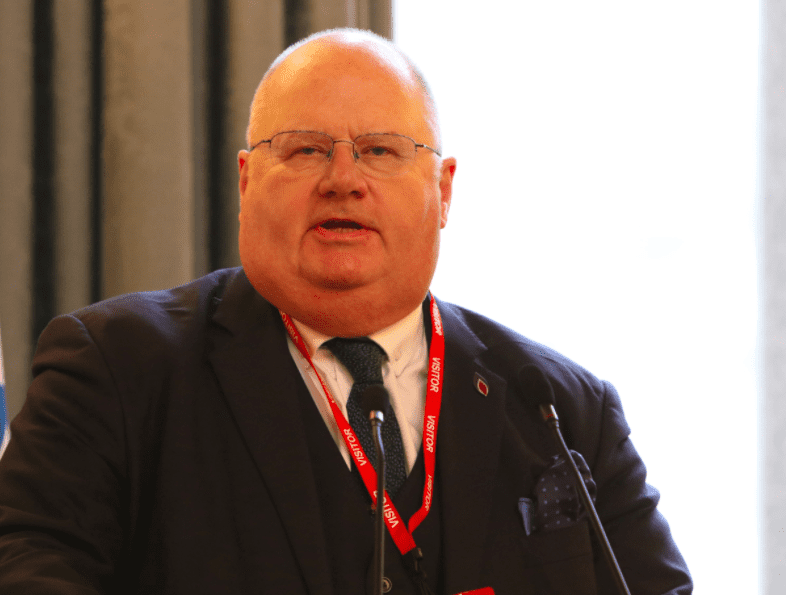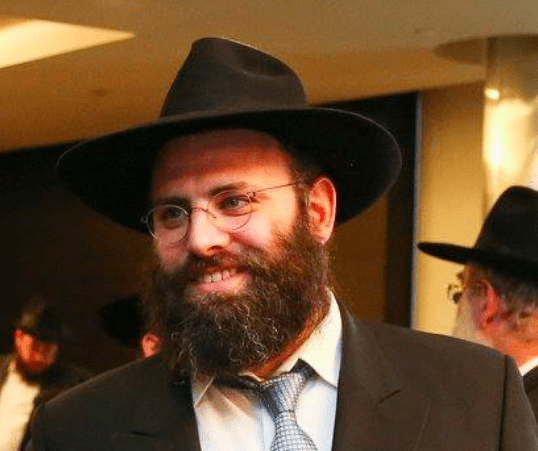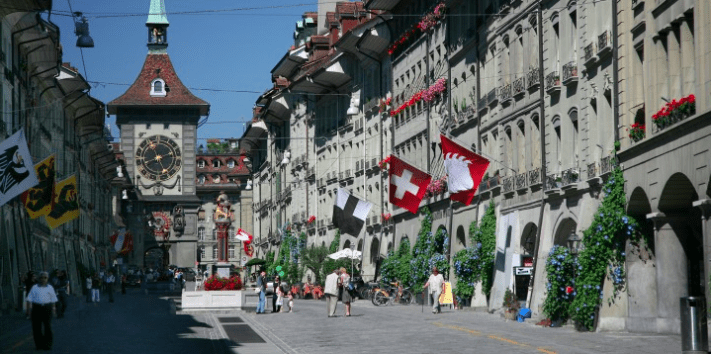This week I spent a lot of time going to events marking the Shoah in Brussels. They were, rightly and fittingly, solemn occasions. But here’s the thing: at every event, I found my fellow Jews talking together, smiling, sharing stories and there was even the odd joke or two.
Even at this darkest of commemorations, there was life and a celebration of the deep bond between us that transcends the shared pain and history. And it stood in stark contrast to the others present who were sombre faced and bore the weight of history in a very different way.
It seemed to me that the reminder to stay positive and rejoice in your Judaism that I tried to leave you with last week needn’t have been said, as it was clearly and demonstrably in evidence.
Because when you think of it, and you delve a bit deeper into our faith, the reason becomes clear: Joy (Simcha), is our central artery, feeding our heart and mind and driving us forward.
Moses after leading us through trying times, through hardship, rebellion and our complaining, understood us well when he said that it is our capacity for joy that gives the Jewish People the strength to endure.
Explaining to a non-Jew our holidays often ends with the cliché “they tried to kill us, let’s eat”, but this throwaway comment masks a more fundamental truth.
Let’s pick a holiday out at random…Sukkot for instance.
On Sukkot we leave the security and comfort of our houses and live in a shack exposed to the wind, the cold and the rain. Yet we call it zeman simchatenu, “our season of joy”.
Try another: Purim.
On the face of it a deeply depressing story, and yet we overcame, and boy, do we celebrate!
Time and time again, throughout our texts, we are enjoined to celebrate life, to rejoice.
Now either we are a bunch of deeply weird people who seem to thrive on adversity, orsomething deeper is going on here. You don’t need to guess what side I’m going to lean on. But let’s dwell on the ‘weird’ idea for a minute.
The founder of the Chassidic movement was once asked: “Why is it that Chassidim burst into song and dance at the slightest provocation? Is this the behaviour of a healthy, sane individual?”
The Baal Shem Tov responded with a story about a deaf man coming across a group of townspeople dancing to a musician that he hadn’t seen, and he thought they had gone mad.
The point is, without the context, such expressions of joy can appear disconcerting or perplexing.
Our context runs deep. We are commanded to Love the Lord our G-d with all our heart and all our soul and all our might. Moses as we touched upon earlier put Joy at the heart of Judaism (even as he was reading out the curses), and our Mitzvot? Well, the concept of simcha shel mitzvah, the “joy of a mitzvah,” has always been part and parcel of Jewish teachings.
Rabbi Lord Sachs, as eloquent as always, once told a story that toward the end of his life, having been deaf for twenty years, Beethoven composed one of the greatest pieces of music ever written, his Ninth Symphony. It became the West’s first choral symphony. The words he set to music were Schiller’s Ode to Joy.
Now, Ode to Joy, as any Europhiles reading this will know, is the anthem for the European Union. And Rabbi Sachs story came to mind as I was looking at the European flag at one of the events.
Because looking around the room, looking at my fellow Jews smiling, living, rejoicing in their Judaism at this tragic commemoration, and contrasting it with the others present, underlined to me not only the context I was just talking about, but how each of us, each Jew, has, as Rabbi Sachs alluded to, their own ‘ode to Joy’ within them, an ode that to those who are deaf to it might indeed appear odd, but to us comes not as second nature, but instead as the primary essence of our being.
Rabbi Menachem Mendel of Lubavitch wrote that “The Baal Shem Tov wiped away tears from the Jewish people. He worked hard to ensure that every Jew would be happy simply because he is a Jew.”
There’s still a lot more work to be done on this by all of us, but looking around the room at those various events, it was clear to me that the joy of being a Jew remains the ‘perfect defeat’ of the Holocaust, and a reminder, if one were needed, of what a beautiful thing it is to be Jewish.
We must always continue to go out with Joy.














